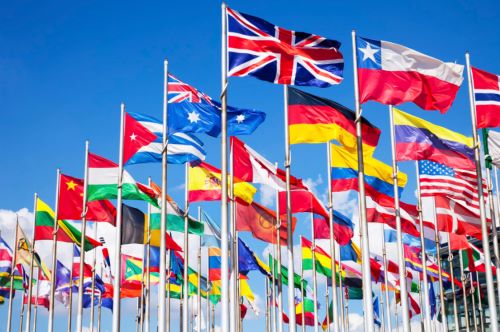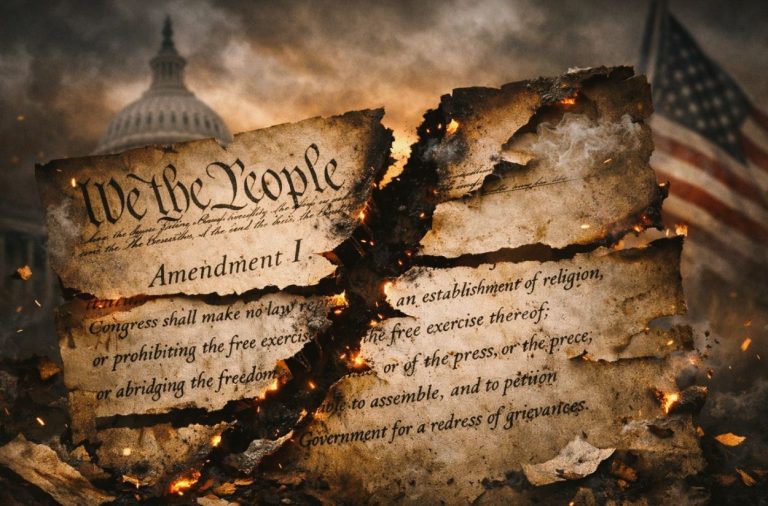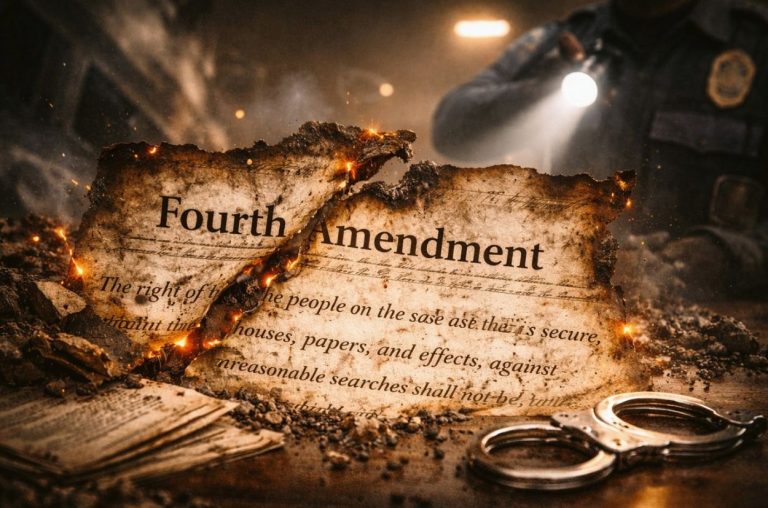

No one power or group can uphold the international order anymore.

By Jared Cohen
Co-Head of the Office of Applied Innovation and President of Global Affairs
Goldman Sachs

By Dr. Ian Bremmer
President
Eurasia Group and GZERO Media
After decades of relative geopolitical calm, the world has entered its most volatile and dangerous period since the depths of the Cold War. Consider recent events. Despite U.S. President Joe Biden’s high-profile meeting with Chinese President Xi Jinping in San Francisco last month, relations between their two countries have deteriorated so sharply that a war between them, though unlikely, is no longer unthinkable. The COVID-19 pandemic, although largely in the rearview mirror, unleashed political and economic shocks that continue to reverberate across the global system. Russia’s brutal invasion of Ukraine plunged Europe into a destabilizing war with far-reaching consequences for trade and markets worldwide. And on Oct. 7, Hamas’s terror attacks against Israel sparked a new Middle East war that threatens to destroy years of progress toward economic transformation and regional stability.
These global shifts and shocks are often grouped together, and for good reason. According to International Monetary Fund (IMF) economists, they are among the drivers of a “policy-driven reversal of global economic integration” termed “geoeconomic fragmentation.” For some analysts, they are constituents of a so-called polycrisis, in which a series of disparate shocks “interact so that the whole is even more overwhelming than the sum of the parts.” And the White House itself has repeatedly highlighted how it helped crystalize thinking about the links between national security and economic policy to produce a “New Washington Consensus.”
But in our view, recent events are best understood as symptoms of a broader, metastasizing crisis in global politics: a crisis of credibility. As it becomes apparent that no one power is seen as both willing and able to single-handedly uphold the international order, and great powers refuse to cooperate to do the same, the international system itself is rapidly losing credibility. This global credibility gap, in turn, is compounding geopolitical instability and uncertainty as actors ranging from competitive and opportunistic states to terrorists and criminal elements take advantage of the political vacuum. Though hardly irreversible, it’s a trend that is likely to get worse before it gets better.
READ ENTIRE ARTICLE AT FOREIGN POLICY


